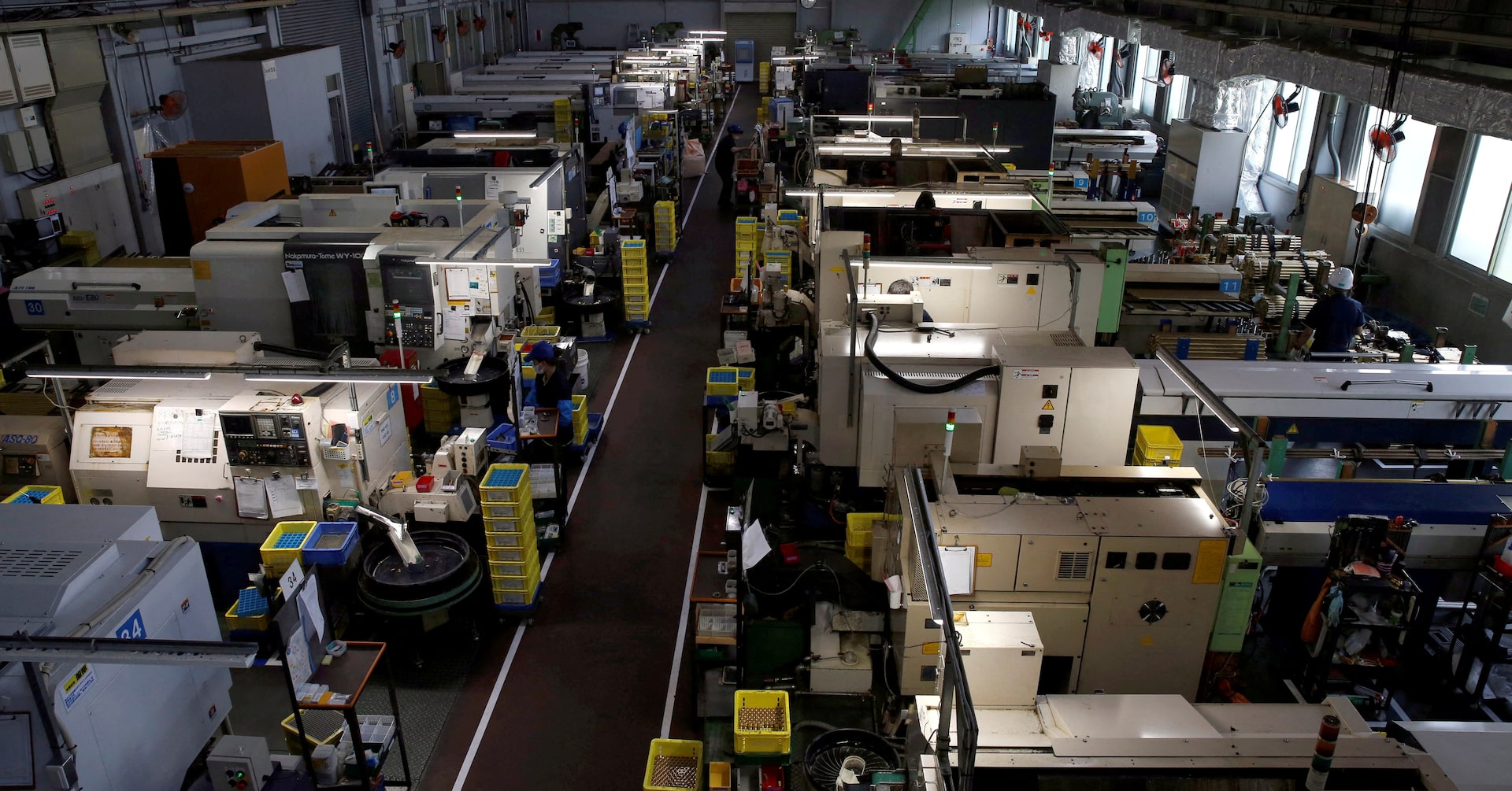Manufacturing Slump Deepens: Japan's Industrial Sector Struggles as Optimism Fades

Japan's manufacturing sector is experiencing a significant downturn, with factory activity plummeting at its most rapid rate in nearly a year. The latest private-sector survey reveals a stark picture of industrial challenges, highlighting mounting pressures on the nation's production landscape.
The data paints a grim portrait of business confidence, which has sunk to its lowest point in over two years. Sluggish demand is driving this dramatic decline, signaling potential headwinds for Japan's crucial manufacturing industry. Economists and industry experts are closely monitoring these developments, which suggest a challenging period ahead for the country's industrial output.
The sharp contraction underscores the complex economic environment manufacturers are navigating, with global economic uncertainties and shifting market dynamics contributing to the sector's struggles. This downturn could have broader implications for Japan's economic recovery and industrial strategy, prompting concerns about potential ripple effects across related economic sectors.
As businesses grapple with these challenging conditions, the manufacturing landscape appears to be at a critical juncture, requiring innovative approaches and strategic adaptations to overcome the current economic headwinds.

